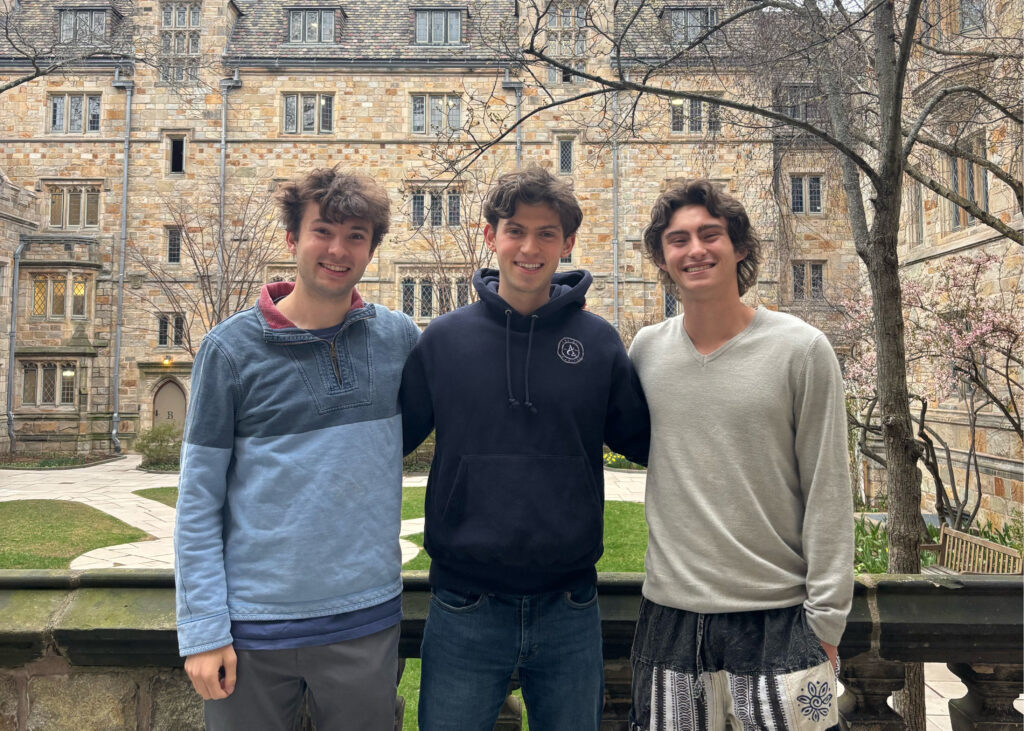A new research initiative at Yale University is set to enhance the understanding of healthy aging among individuals living with HIV. The Aging Well with HIV Through Alcohol Research and Risk Reduction and Education (AWAR3E) Center will operate under a five-year grant from the National Institute on Alcohol Abuse and Alcoholism. This center aims to develop strategies that address the unique challenges faced by the growing population of aging HIV patients.
Led by Amy Justice, a professor of internal medicine and public health, along with Julie Womack, an associate professor of nursing, and Vincent Lo Re, a professor of medicine and epidemiology at Rutgers University, the AWAR3E Center will focus on the intersection of aging, HIV, and the effects of alcohol use. Justice emphasized the increasing number of older adults living with HIV, stating, “There are more people aging with HIV now than ever before, thankfully, because we have therapy to suppress the virus and to extend people’s life expectancy.”
The center will investigate the heightened vulnerability to age-related medical conditions in HIV patients, such as cancer, cardiovascular disease, liver disease, and diabetes. According to Justice, understanding these risks is crucial not only for improving the management of aging with HIV but also for gaining insights into the aging process in general.
Research Focus and Team Composition
The AWAR3E Center builds on the groundwork established by the Veterans Aging Cohort Study (VACS) Consortium, which was initiated by Justice to examine the impact of alcohol use on both HIV-infected and uninfected individuals. VACS provides access to over two decades of longitudinal data, representing approximately 13.5 million individuals from the national electronic health record data system.
The research team is diverse, comprising experts from various fields. Womack has specialized in fall and fracture prevention for aging individuals with HIV, while the team also includes authorities on liver disease, neurological disorders, heart disease, and cancer. Justice, who has a broad research background, noted that this diversity allows for comprehensive insights into the issues at hand.
The grant-writing process posed challenges, particularly in coordinating timelines and ensuring that all team members contributed effectively. Womack shared that the team began drafting the grant in January 2024, engaging in collaborative discussions to refine their project proposals.
Addressing Premature Aging and Inflammation
One of the primary objectives of the AWAR3E Center is to investigate whether factors such as stress from alcohol use and socioeconomic deprivation contribute to premature aging through mechanisms like inflammation. Justice highlighted that chronic inflammation is a key driver of adverse aging, affecting both HIV-positive and negative individuals.
The team plans to focus on biological markers of stress and inflammation in people living with HIV. Even those whose HIV is well-managed may have residual traces of the virus, known as viral reservoirs, which could contribute to inflammatory responses. Another project will explore the links between aging-related health issues, such as falls, fractures, dementia, and hospitalization, and socioeconomic disadvantages.
Lo Re pointed out that the center’s mission extends beyond scientific research. “Aside from the terrific science that we will advance with our new center, one of the big benefits is that it will nurture significant research in alcohol-HIV/AIDS studies and provide valuable mentorship to early-stage investigators,” he stated.
Womack expressed enthusiasm for the center’s commitment to disseminating research findings broadly. “One of the core groups within this grant will look at how to effectively share our findings with patients, clinicians, and the wider community,” she explained.
The team anticipates that their work will help inform stakeholders about key findings related to HIV and aging. With an estimated 1.2 million people living with HIV in the United States, the implications of this research could be profound, potentially leading to improved health outcomes for this vulnerable population.







